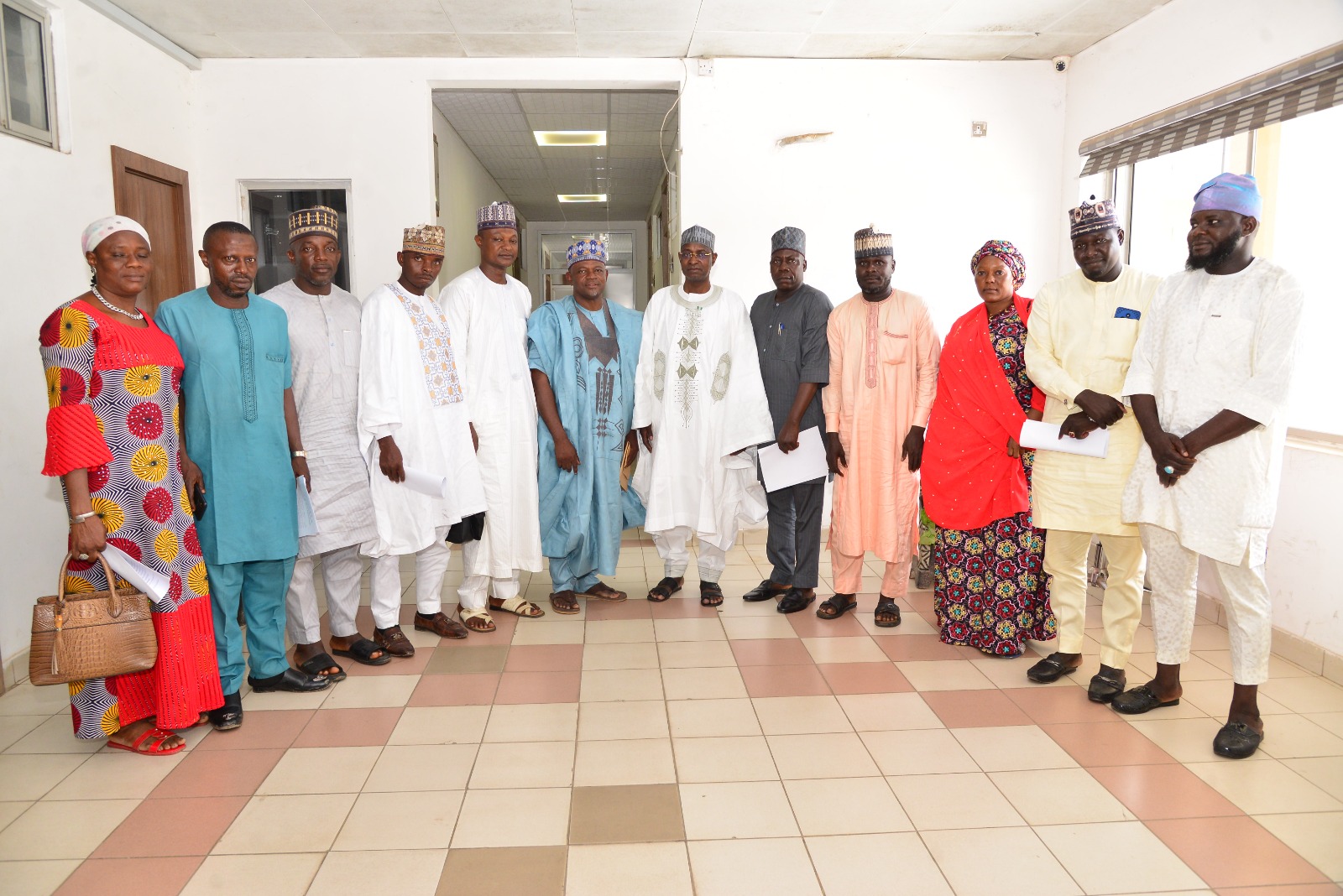
Image Gallery:

Maiha Tasks Livestock Professionals to Drive Innovation, Deliver Tangible Results
The Honourable Minister of Livestock Development, Idi Mukhtar Maiha, has charged key professional bodies in Nigeria’s livestock sector to move beyond theory and take the lead in delivering practical, innovative solutions that will reposition the industry.
He issued this charge in Abuja on Friday 16th May 2025, during a courtesy visit to the Ministry by the Nigerian Society for Animal Production (NSAP).
Maiha stressed that the Ministry is determined to rewrite the story of livestock development in Nigeria and urged professionals in the livestock space to take ownership of the process, bring their expertise to bear, and hold themselves accountable for results that will transform the industry and improve the livelihoods of Nigerians.
“We are not here to run business as usual. The President created this Ministry with a clear mandate; to resolve the many challenges in the livestock sector and unleash its full economic potential,” the Minister stated. “As professionals, you must be at the forefront of this transformation.
“It is a sad commentary that today we don't have a Nigerian beef breed. We don't have a Nigerian dairy breed. Genetically improved from an indigenous breed. We don't have a Nigerian-bred pig. We don't have a Nigerian-bred goat or sheep. We are still stuck with the ones we have found 200, 300 years ago.
“Today, anybody who wants a high-grade cow or beef, he has to go to Europe, he has to go to South Africa, he has to go to Kenya. And we have had NAPRI (National Animal Production Research Institute) for over 100 years. And after NAPRI, we have had so many universities, so many veterinary faculties, so many faculties of animal science, and so many professors.
“This is the challenge. So therefore, no more conferences. Conferences are no longer useful. Stop holding them. You're just talking to yourselves. Talk to the industry. Talk to the farmers. Talk to the market. Produce something that we can commercialise,” Maiha challenged NSAP).
“We have a lot of indigenous grasses that are palatable, but we look the other way. We haven't gone into research to improve on them. We're ready to partner with you. We're ready to work with you," he added.
Speaking on behalf of NSAP, Prof. Babayemi congratulated the Minister on his appointment and commended the Federal Government for establishing a standalone Ministry for livestock development.
He said the creation of the Ministry reflects the growing recognition of the livestock sector’s strategic importance to Nigeria’s food system and economy.
Providing a background on the Society’s historical role as the umbrella body for professionals in animal production and its active contributions to livestock development over the decades, Prof. Babayemi recommended stronger collaboration between government, academia, and the private sector to drive innovation and commercialisation across livestock value chains.
“We are confident that with this new Ministry and strong professional leadership, Nigeria can reposition itself as a major livestock economy in Africa. We are here to express our readiness to be fully engaged in achieving this goal,” he said.
In a related engagement, the Honourable Minister also received a delegation from the National Butchery Union, led by its National General Secretary, Ahmed Mohammed Borgu.
The Union, which represents meat processors, abattoir workers, and beef retailers across the country, outlined key challenges affecting their members and the wider meat industry, including the poor state of abattoirs nationwide, inadequate regulation of meat hygiene standards, and the lack of training for butchers.
Responding to the delegation, the Minister stressed the importance of adopting a systems approach to livestock development, noting that production, processing, marketing, and consumption must all be linked in an efficient, traceable, and modern value chain.
“We must embrace innovation and technology across the entire livestock ecosystem. We also need to empower our youth and women to participate meaningfully in this sector,” he said. “This is how we will create jobs, ensure food security, reduce poverty, and contribute meaningfully to Nigeria’s GDP.”
He further stressed that without improving the quality of slaughterhouses and meat handling practices, public health risks will persist and the marketability of Nigerian meat products will remain low.
Maiha highlighted key areas of collaboration with the butchery union, including the establishment and modernisation of model abattoirs across the country, the introduction of mandatory hygiene certification and training programmes for butchers and meat handlers, and joint development of standard operating procedures and inspection protocols in partnership with the Ministry.
He stressed that the Ministry would not operate in isolation but will maintain an open-door policy for collaboration and actively engage with states, development partners, private investors, and research institutions to deliver sustainable outcomes.
He also assured the union of the Ministry’s commitment to facilitating access to affordable financing for its members to enable them upgrade their equipment and improve infrastructure in line with best practices.
Oghenekevwe Uchechukwu
Press and Public Relations Department
16th May, 2025




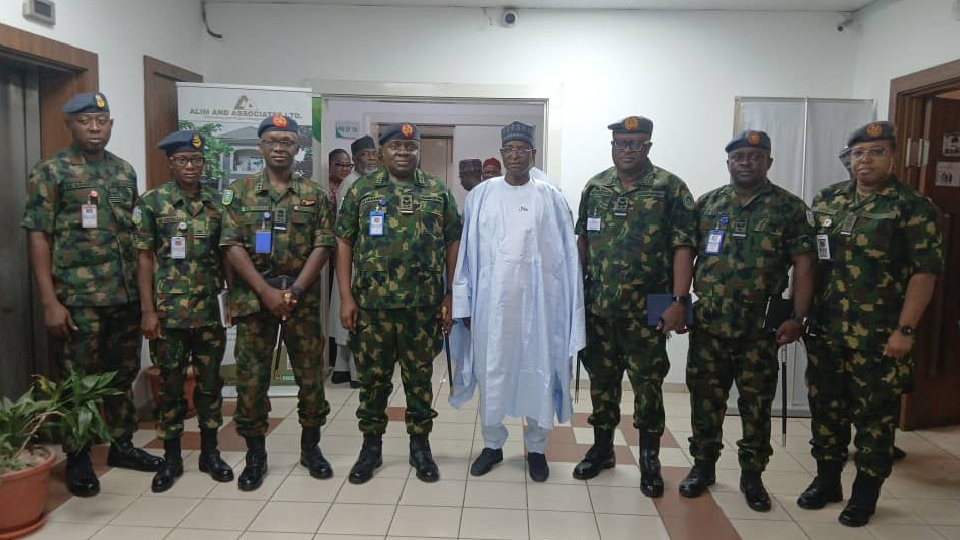
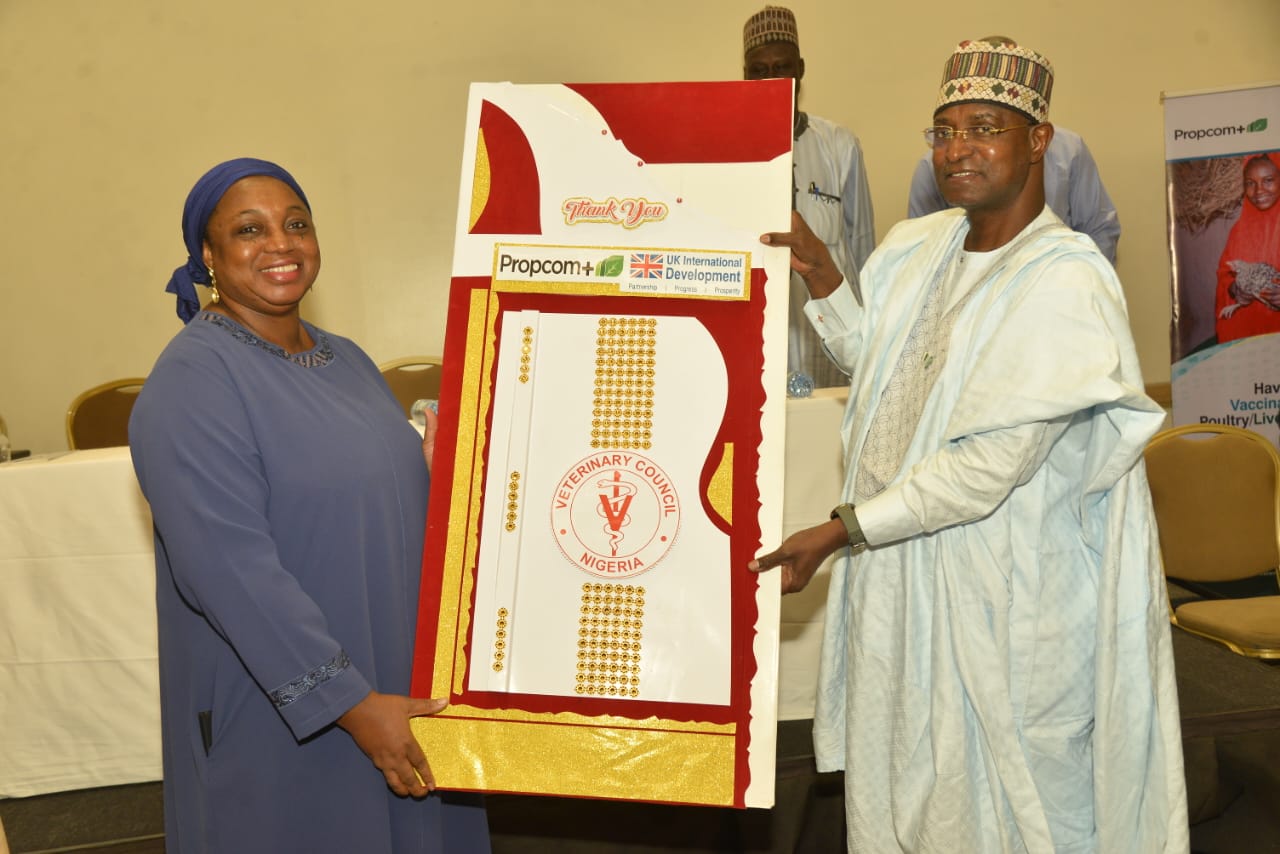
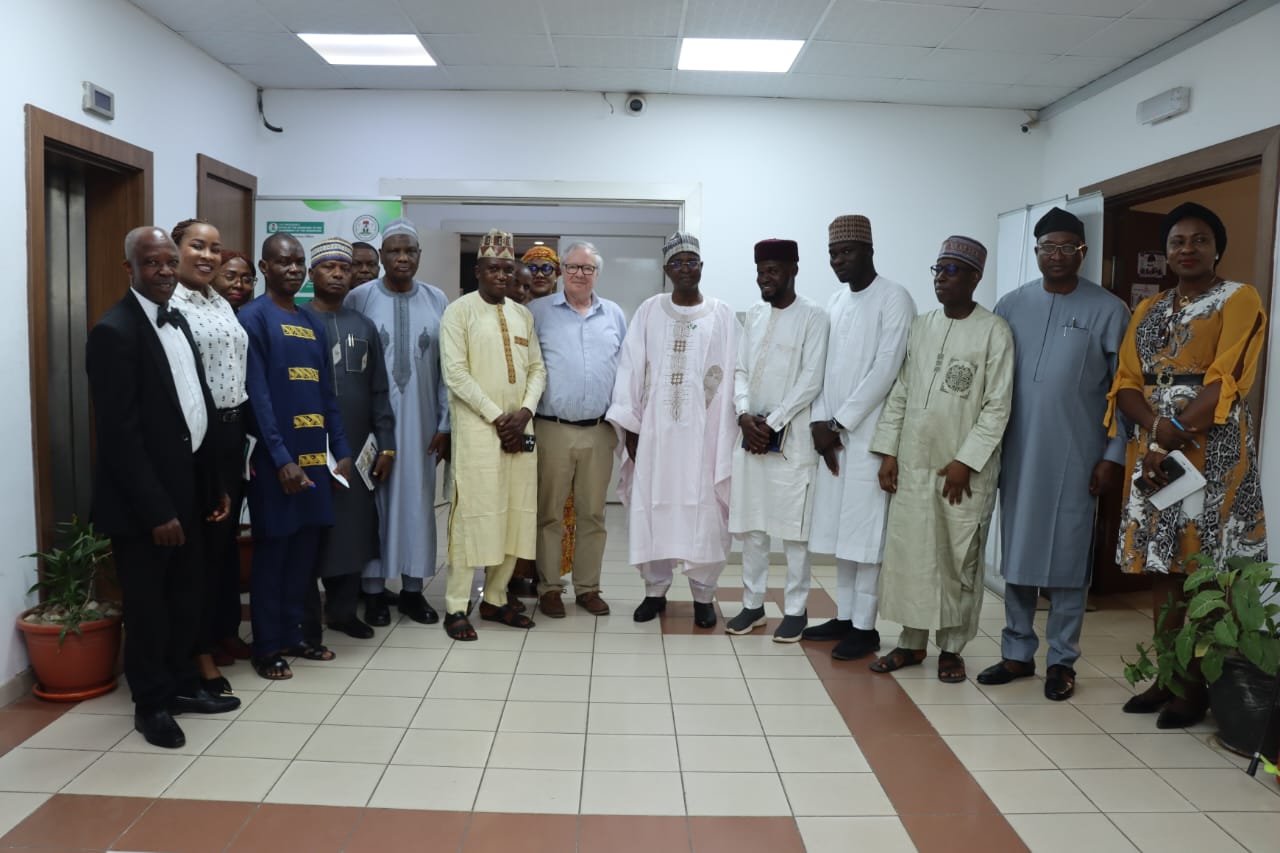
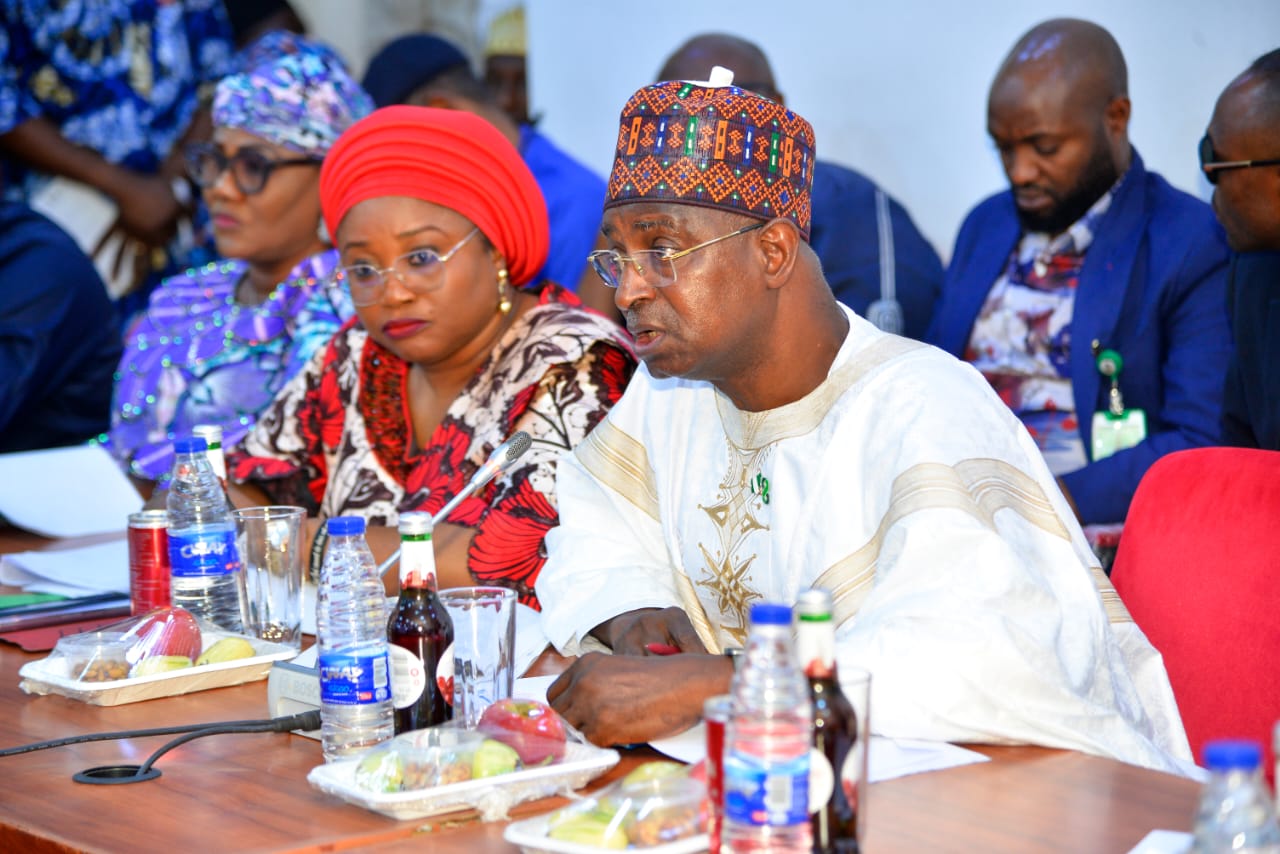
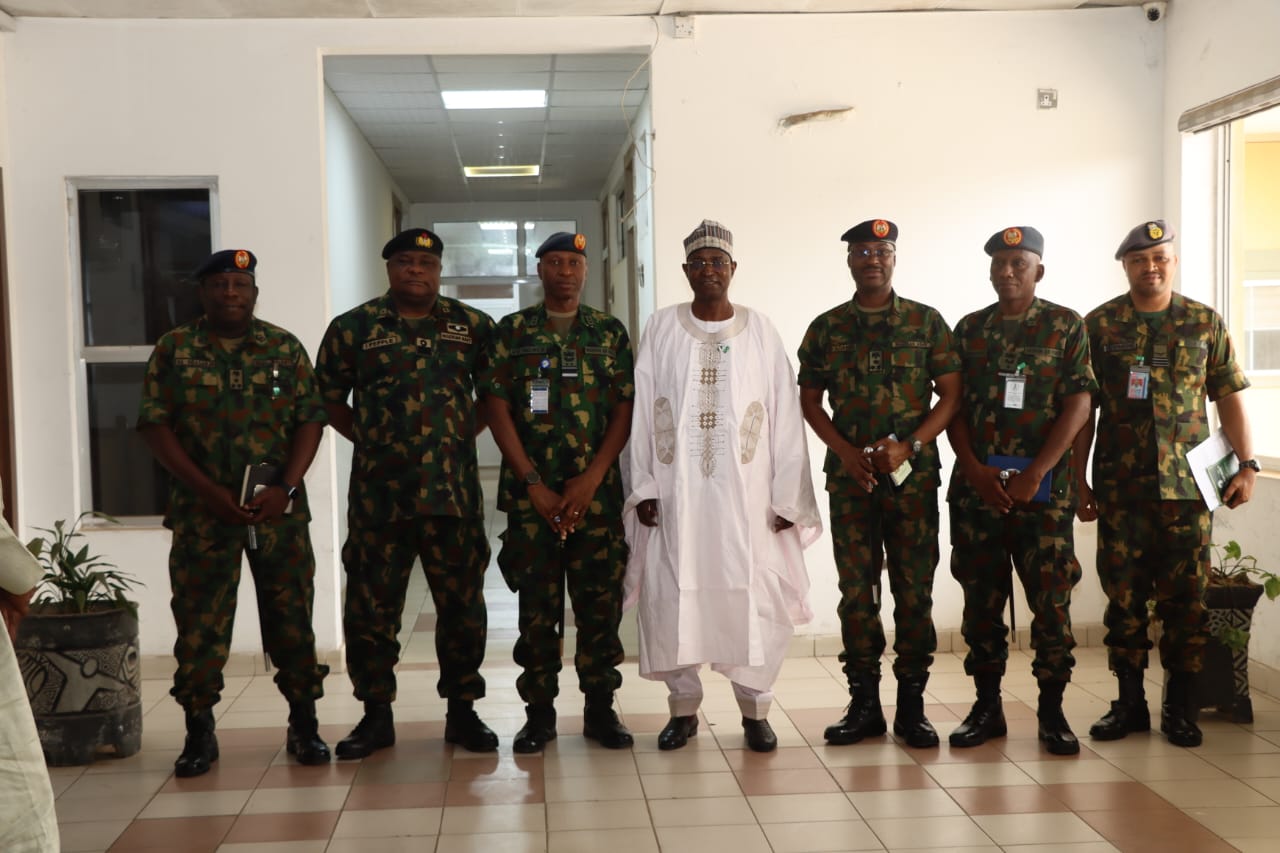
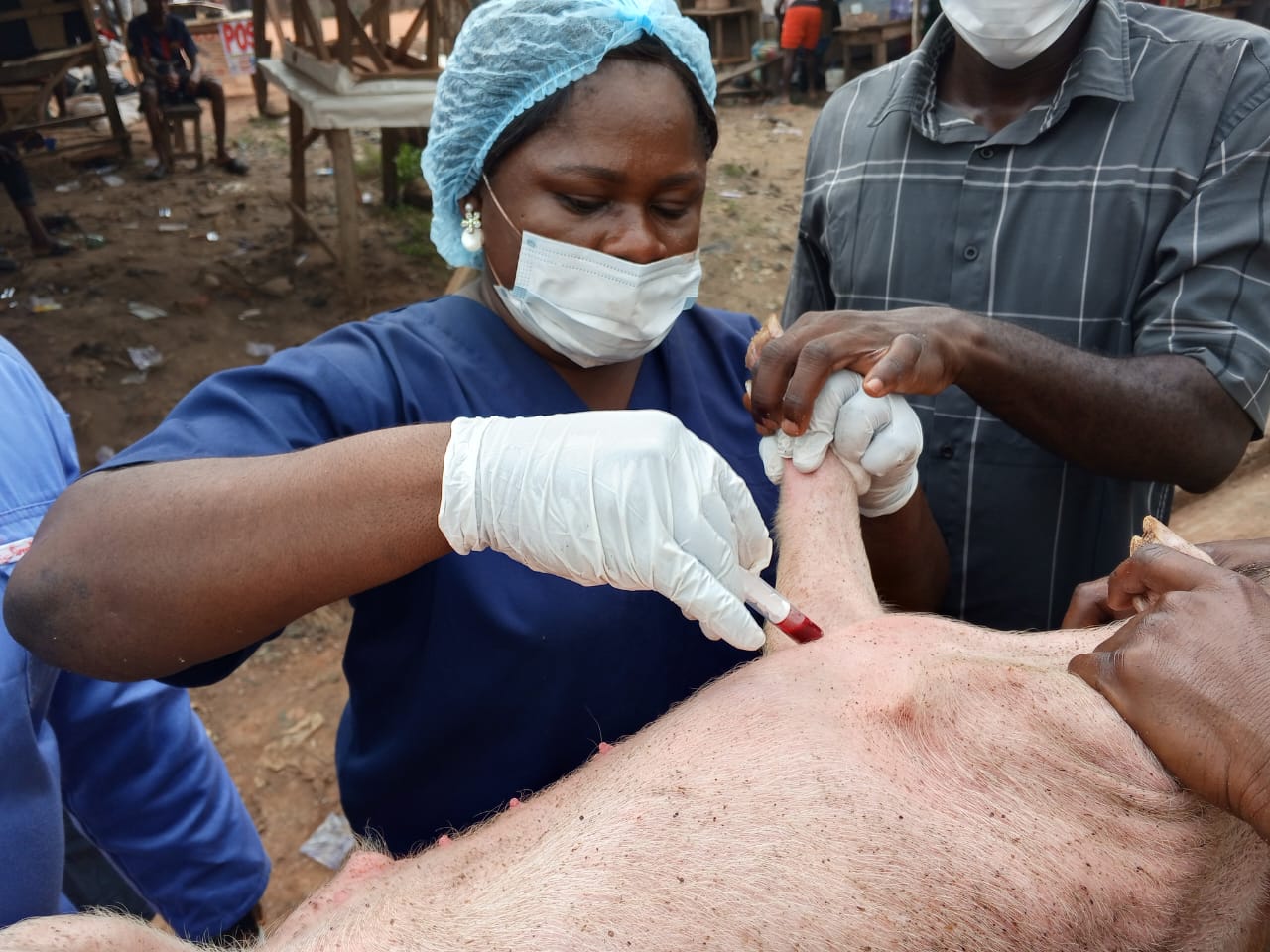
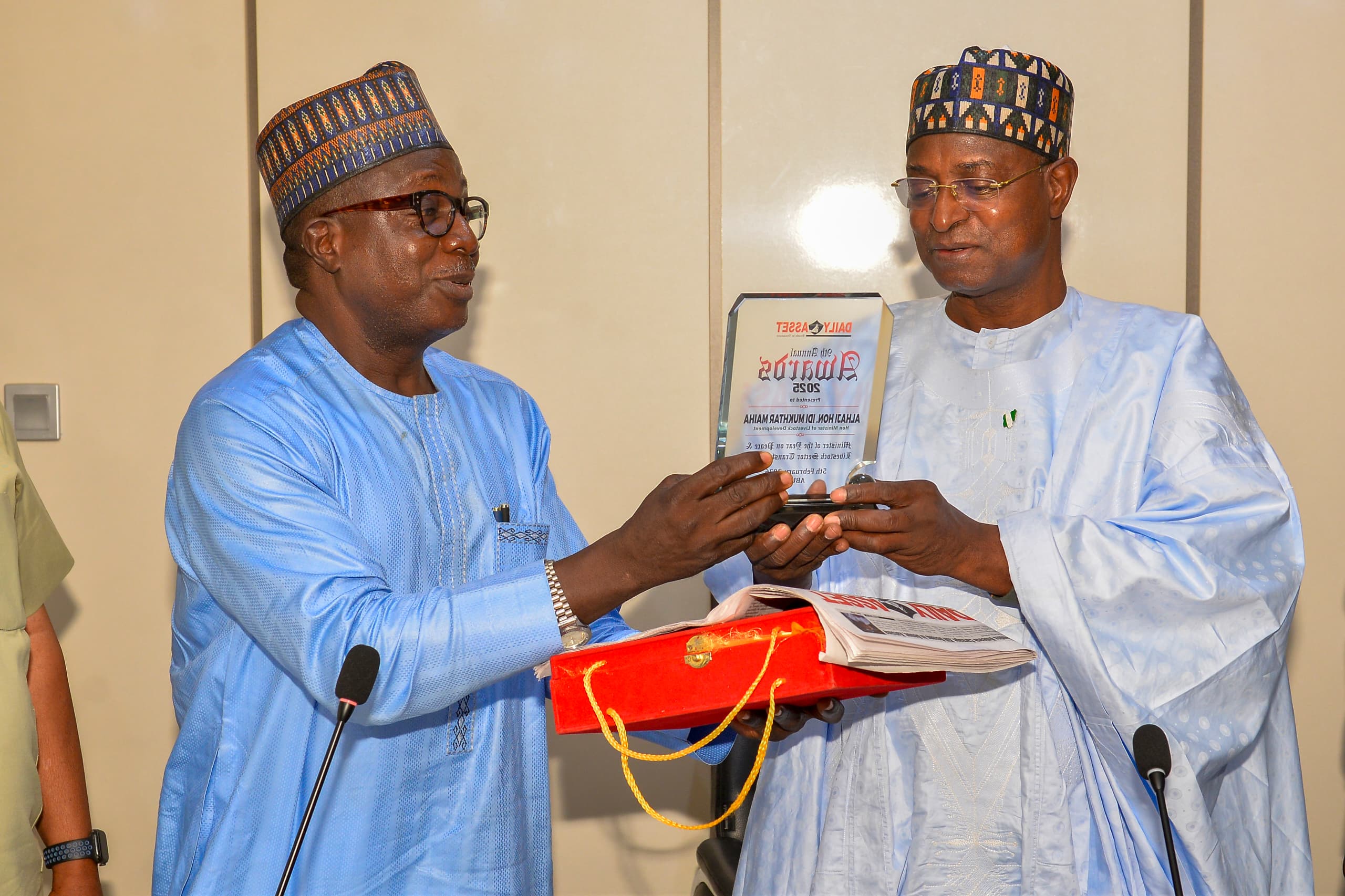
Comments on Post (0)